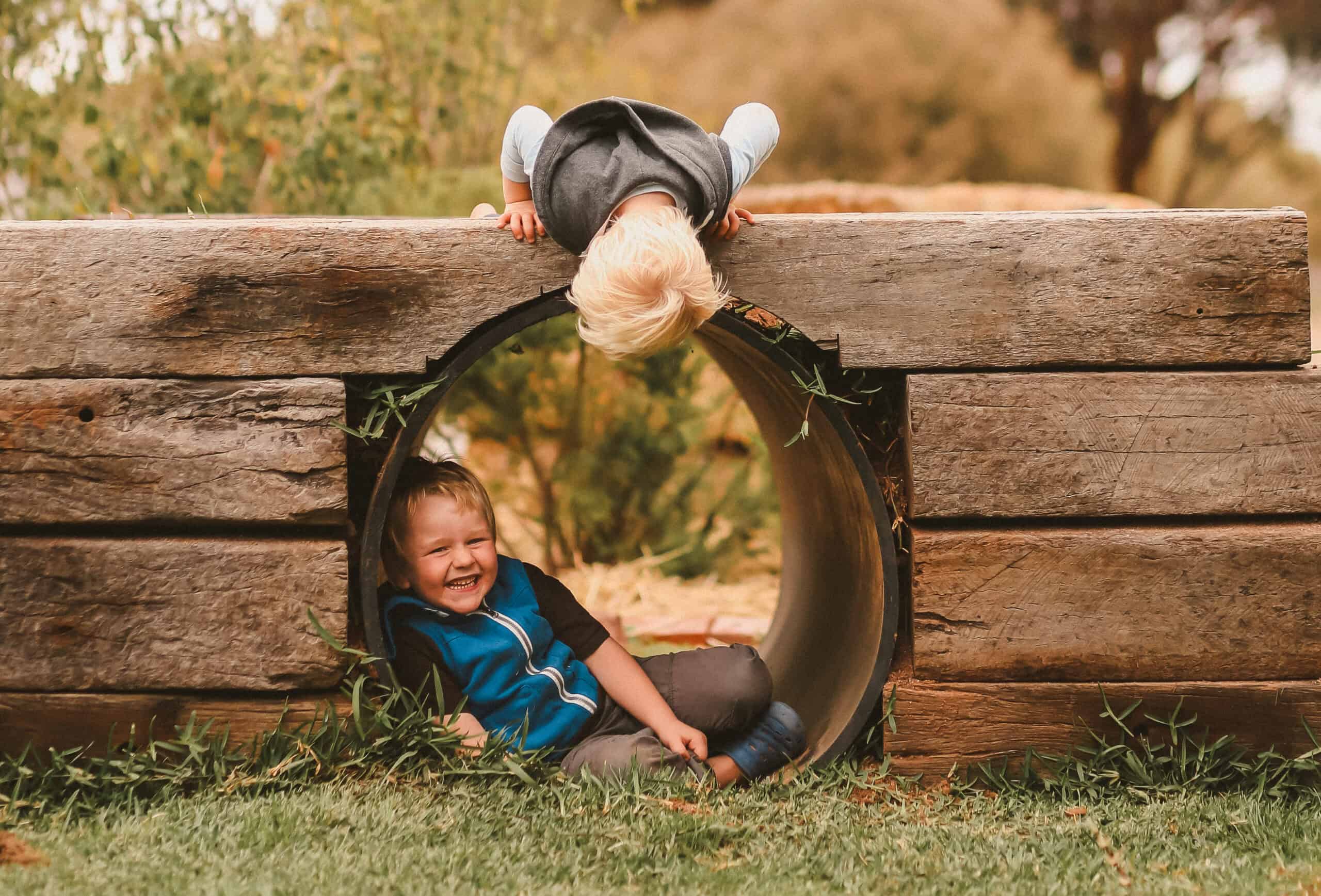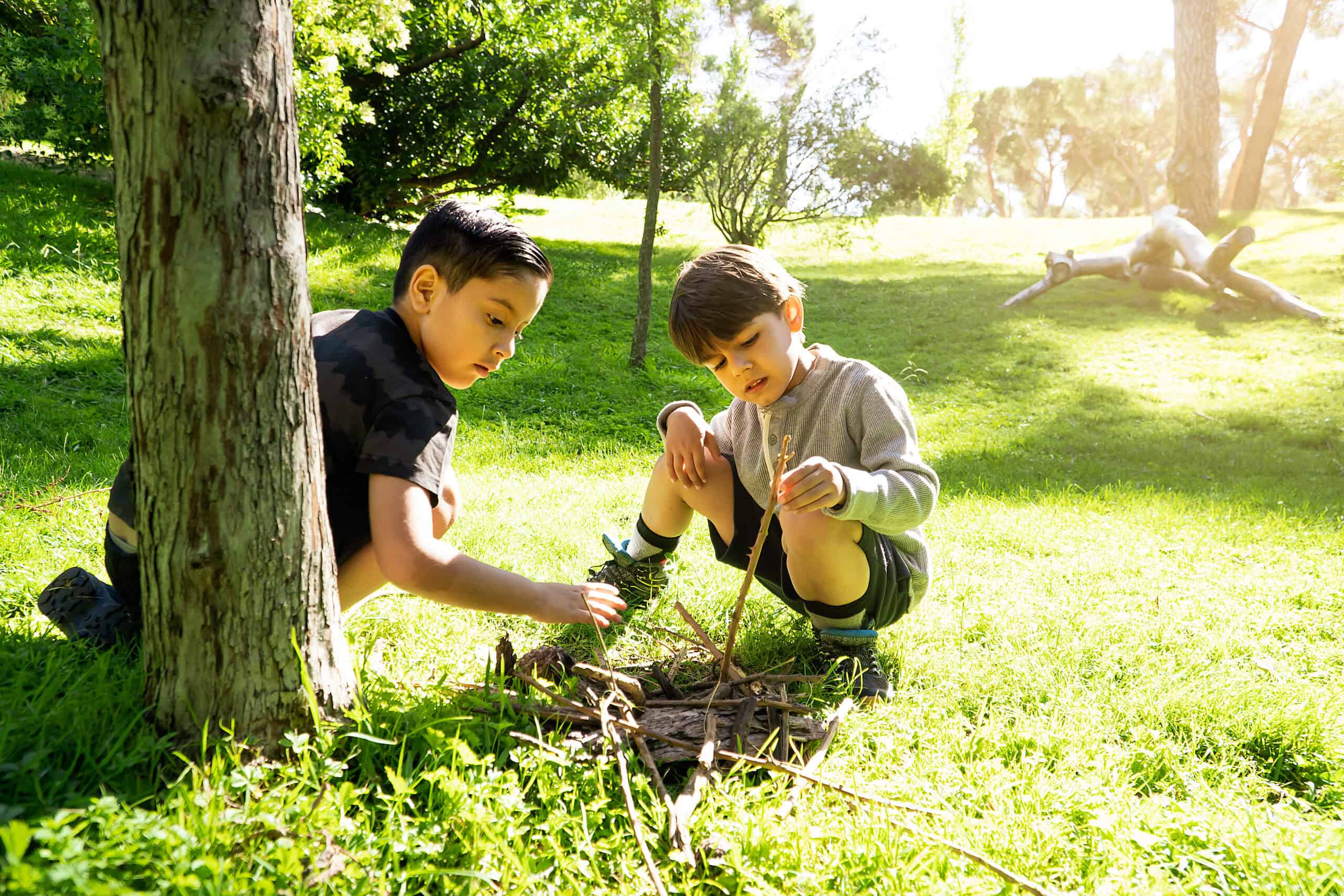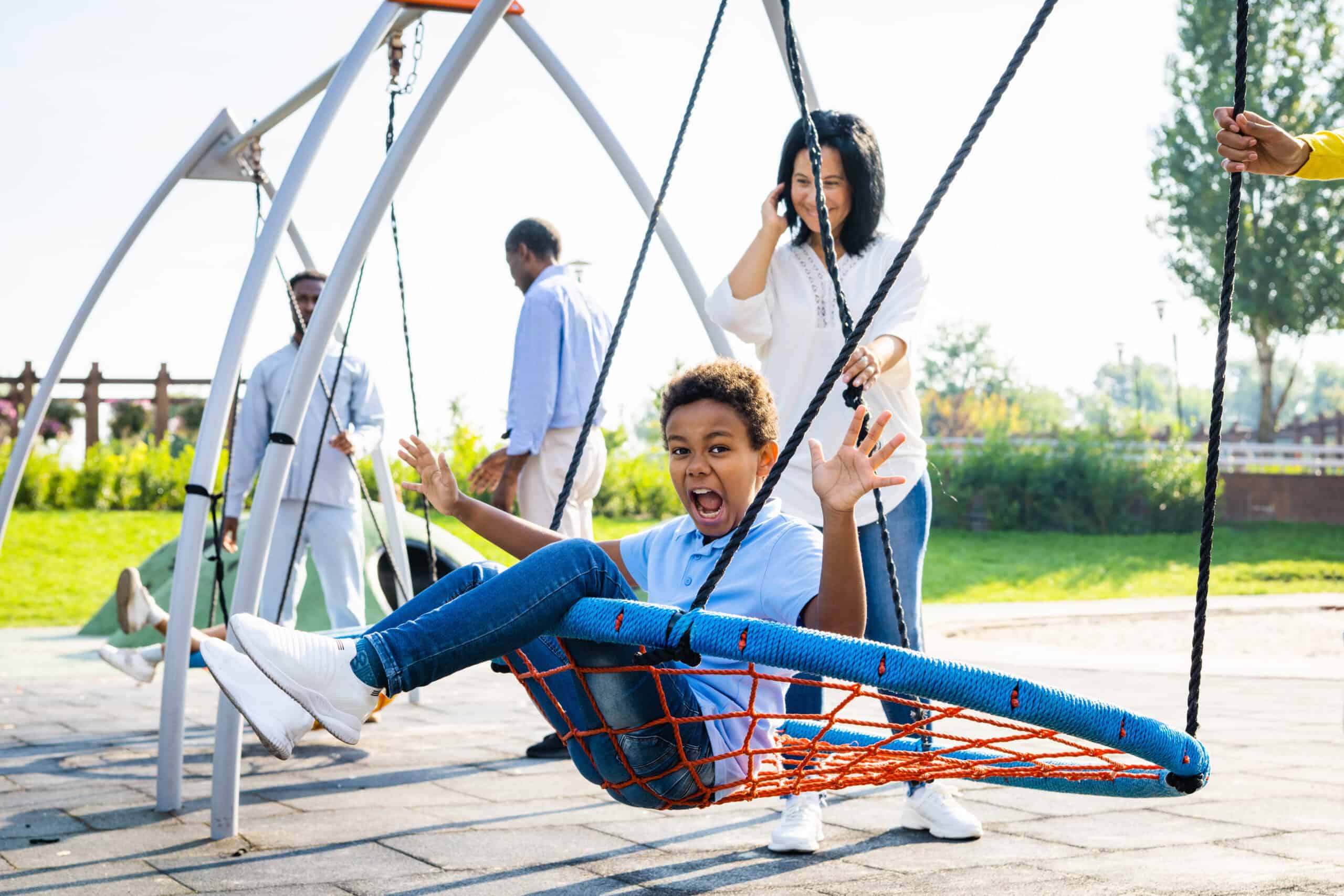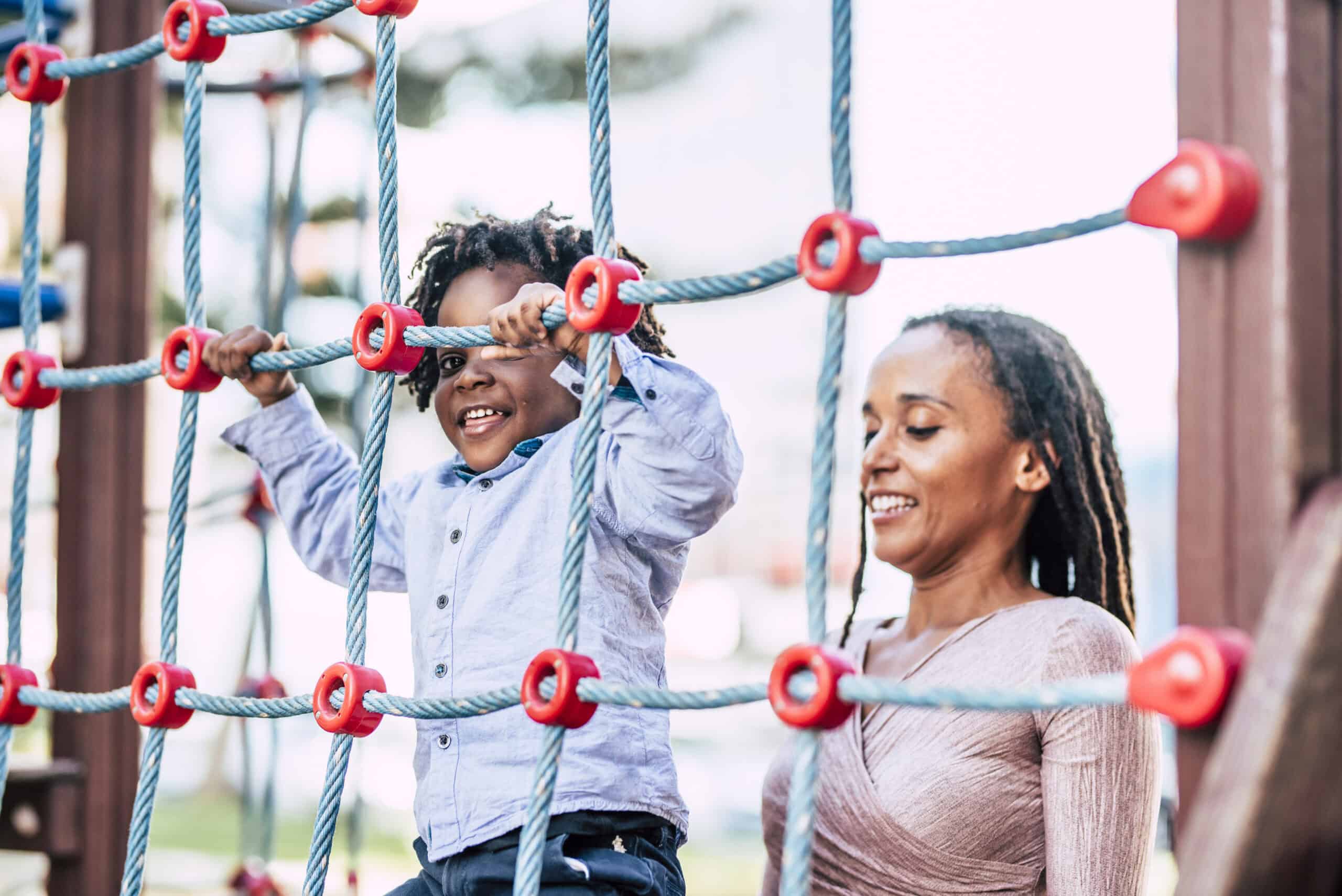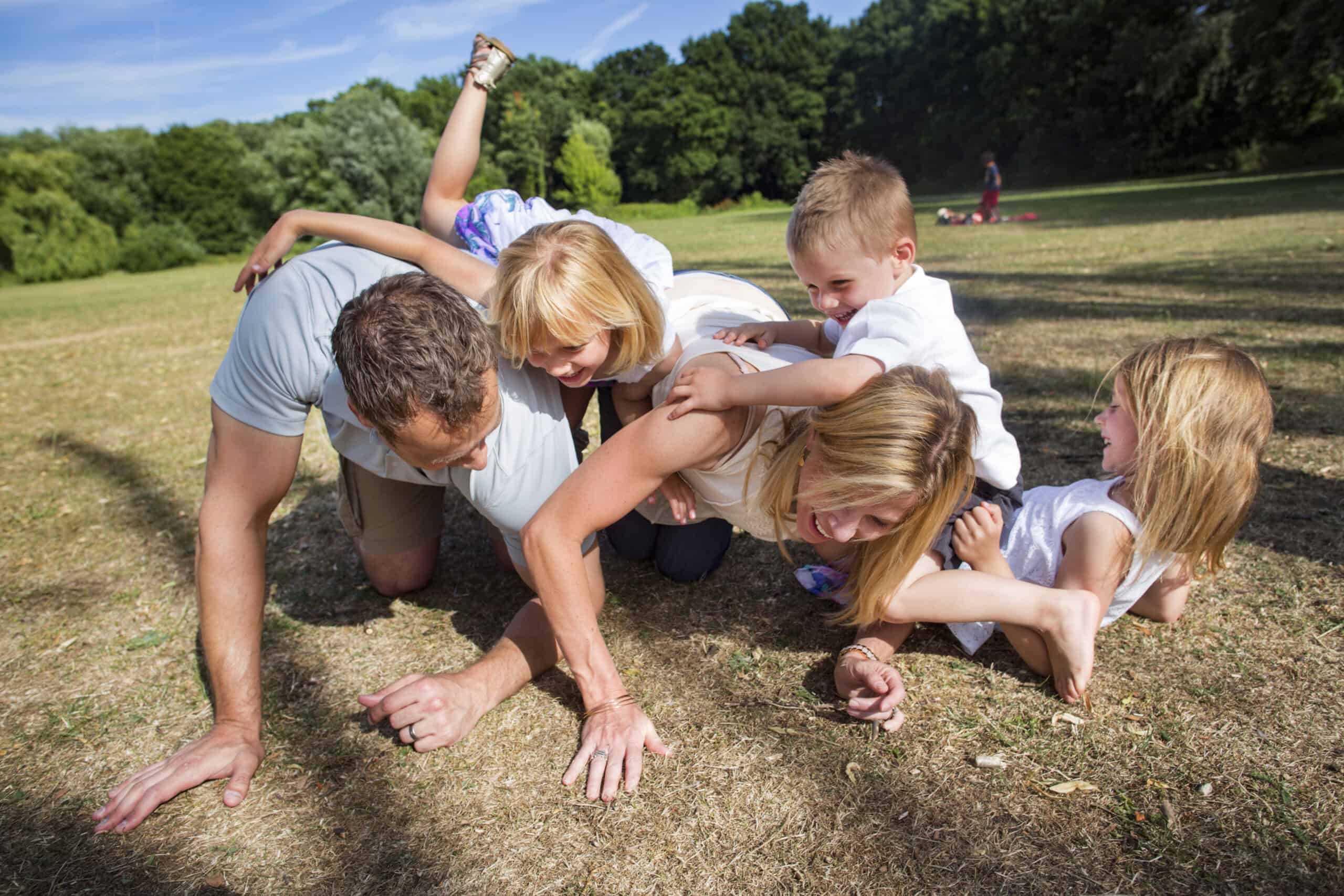Neurolens: Child
The Child NeuroLens celebrates the potential, curiosity, and inherent creativity of children, while recognising the universal childlike wonder within all of us. It supports nurturing environments that empower exploration, growth, and learning across all ages, fostering resilience and the capacity for lifelong development.
-
Building Better Brains: How Play Strengthens Executive Function in Children
Have you ever wondered why some kids seem more focused, organised, or able to stay calm under pressure? Executive functioning has become a popularised brain word. What exactly is executive functioning? It is the brain’s way of processing information while regulating the self. It involves our working memory, planning, self-monitoring, time management, self-control and organisation.…
-
The Science of Thinking: How Logical Thinking Shapes Child Development
How do children learn to make sense of the world? Logical thinking in child development plays an important role in helping kids understand cause-and-effect relationships, solve problems, and make informed decisions. From an early age, children begin to explore patterns, analyse situations, develop reasoning skills that shape their cognitive growth, and make sense of the…
